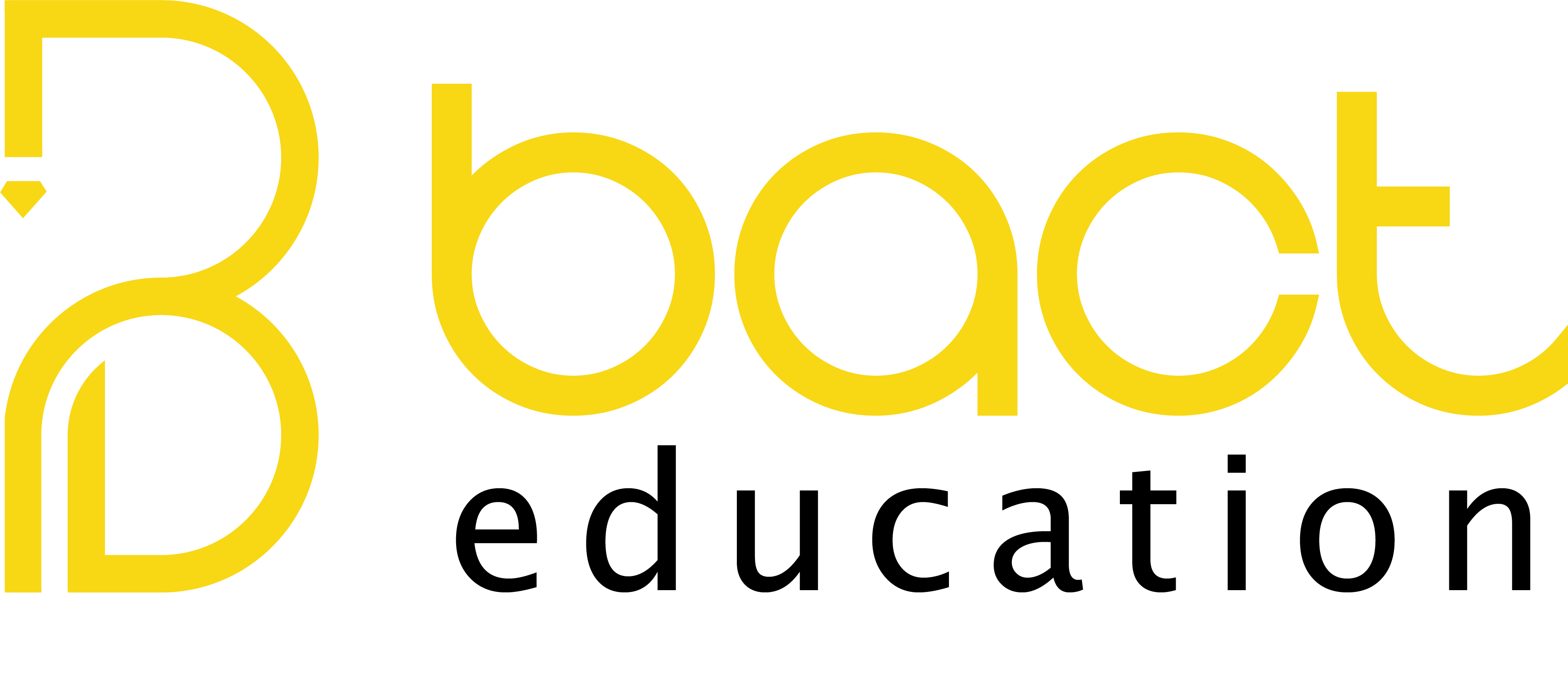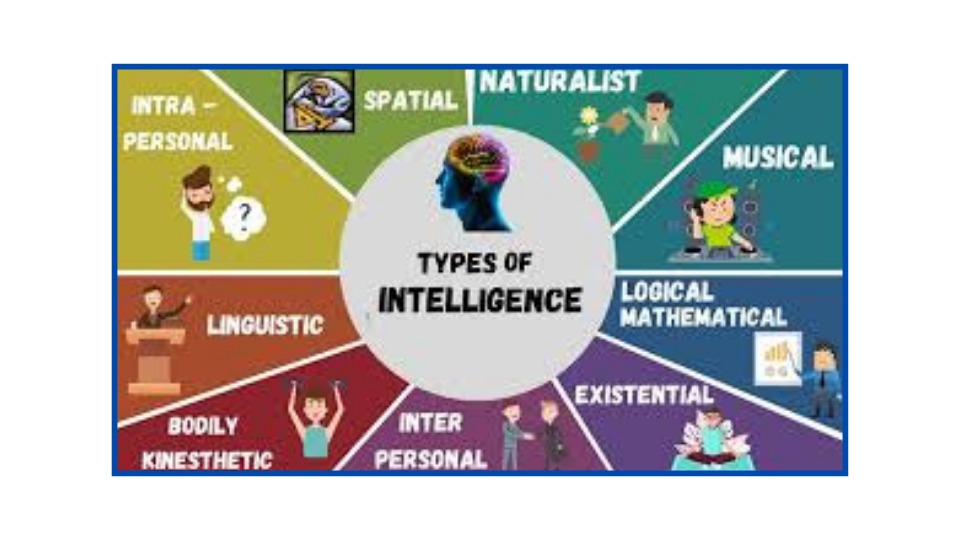⁴What Are the Types of Intelligence?
Howard Gardner’s theory identifies nine types of intelligence, each representing a different way children process information and interact with the world. Here’s a breakdown of each type and how it might manifest in children:
1. Linguistic Intelligence
Children with strong linguistic intelligence excel in reading, writing, and verbal communication. They love storytelling, playing word games, and expressing themselves through language. These children may grow up to be writers, journalists, or public speakers.
Signs to look for: Enjoys reading, writing, and debating; has a large vocabulary; excels in spelling and grammar.
2. Logical-Mathematical Intelligence
This type of intelligence involves reasoning, problem-solving, and working with numbers. Children with this strength enjoy puzzles, math problems, and logical games. They may pursue careers in science, engineering, or computer programming.
Signs to look for: Excels in math and science; enjoys solving puzzles and riddles; thinks critically and analytically.
3. Musical Intelligence
Children with musical intelligence have a natural affinity for rhythm, melody, and sound. They may sing, play instruments, or compose music effortlessly. These children often thrive as musicians, composers, or sound engineers.
Signs to look for: Sensitive to sounds and rhythms; enjoys singing, humming, or tapping; learns well through songs and music.
4. Bodily-Kinesthetic Intelligence
This intelligence is about physical movement and coordination. Children with this strength are often athletic, enjoy hands-on activities, and have excellent motor skills. They may excel in sports, dance, or careers like surgery or carpentry.
Signs to look for: Enjoys sports, dancing, or acting; learns best through movement; has strong hand-eye coordination.
5. Spatial Intelligence
Children with spatial intelligence are visual thinkers. They excel at interpreting maps, solving mazes, and creating art. These children may grow up to be architects, artists, or pilots.
Signs to look for: Enjoys drawing, building, or designing; has a strong sense of direction; thinks in images and pictures.
6. Interpersonal Intelligence
This intelligence refers to the ability to understand and interact effectively with others. Children with strong interpersonal skills are empathetic, great communicators, and natural leaders. They may thrive in careers like teaching, counseling, or politics.
Signs to look for: Works well in groups; is empathetic and understanding; enjoys helping others.
7. Intrapersonal Intelligence
Intrapersonal intelligence is about self-awareness and understanding one’s own emotions and motivations. Children with this strength are reflective, independent, and in tune with their inner world. They may excel in fields like psychology, philosophy, or entrepreneurship.
Signs to look for: Enjoys journaling or self-reflection; has strong self-discipline; understands their own strengths and weaknesses.
8. Naturalistic Intelligence
Children with naturalistic intelligence have a deep connection to nature and the environment. They enjoy exploring the outdoors, identifying plants and animals, and learning about ecosystems. These children may grow up to be biologists, environmentalists, or farmers.
Signs to look for: Loves spending time in nature; enjoys gardening or caring for animals; is curious about the natural world.
9. Existential Intelligence (Proposed by Gardner later)
This type of intelligence involves pondering deep questions about life, existence, and the universe. Children with existential intelligence are philosophical and curious about the meaning of life. They may pursue careers in theology, philosophy, or cosmology.
Signs to look for: Asks big questions about life and existence; enjoys discussing abstract concepts; is deeply reflective.
Why Recognizing Multiple Intelligences Matters
Understanding the different types of intelligence helps us move away from a one-size-fits-all approach to education and parenting. Here’s why it’s so important:
Celebrates Diversity: Every child has unique strengths. Recognizing multiple intelligences allows us to celebrate and nurture these differences.
Boosts Confidence: When children see their talents acknowledged, they feel valued and motivated to learn.
Tailored Learning: Educators and parents can use this framework to create personalized learning experiences that play to a child’s strengths.
Encourages Holistic Development: By focusing on all types of intelligence, we help children develop a well-rounded set of skills.
How to Nurture Different Types of Intelligence in Children
Here are some practical tips for supporting each type of intelligence:
Linguistic: Encourage reading, writing, and storytelling. Provide books, journals, and opportunities for public speaking.
Logical-Mathematical: Introduce puzzles, math games, and science experiments. Encourage curiosity and problem-solving.
Musical: Provide access to musical instruments, music lessons, and opportunities to perform.
Bodily-Kinesthetic: Encourage sports, dance, or hands-on activities like building or crafting.
Spatial: Offer art supplies, building blocks, and activities like drawing or map-reading.
Interpersonal: Foster teamwork through group projects, role-playing, and discussions.
Intrapersonal: Encourage journaling, goal-setting, and self-reflection.
Naturalistic: Spend time outdoors, explore nature, and engage in activities like gardening or birdwatching.
Existential: Encourage discussions about big questions, philosophy, and the meaning of life.
Conclusion: Every Child is Intelligent in Their Own Way
The theory of multiple intelligences reminds us that intelligence is not a single, fixed trait. Instead, it’s a dynamic and diverse spectrum that every child embodies in their own unique way. By recognizing and nurturing these different types of intelligence, we can help children unlock their full potential and build confidence in their abilities.
As parents, educators, and caregivers, our role is to provide opportunities for children to explore their strengths and discover their passions. Let’s celebrate the many ways children can be intelligent and create a world where
every child feels seen, valued, and empowered to thrive.
Join us now
+97144470880

